The History of the Max Planck Institute for Chemical Energy Conversion
The Max Planck Institute for Chemical Energy Conversion is a pioneering institute, but has already made an impact in the world of chemical research. What began as an independent department of the Max-Planck-Institut für Kohlenforschung, has grown in just a few years into an independent institute with its own research focus.
2022 - today
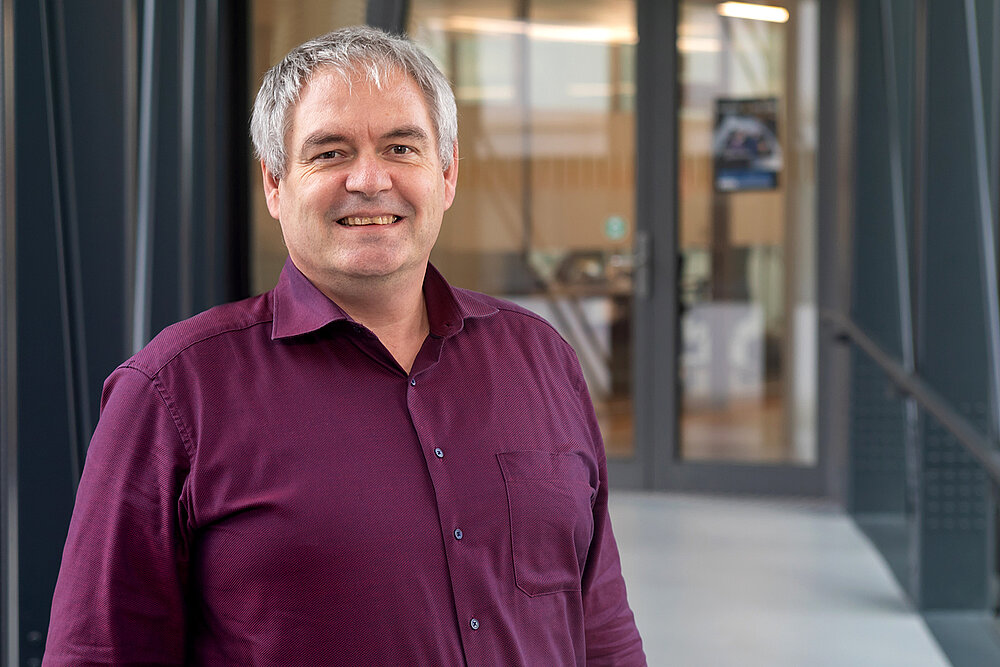
In March 2022, Prof Robert Schlögl will retire after ten years at the MPI CEC during an institute meeting. He will be succeeded as Managing Director by Prof Leitner.
Ten years of cutting-edge research at the Max Planck Institute for Chemical Energy Conversion. In May 2022, the MPI CEC celebrates its tenth anniversary. As part of a two-day event, the institute looks back on the dynamic development of the last ten years and discusses future projects with representatives from research, politics and industry.
In December 2023, Prof Siegfried Waldvogel joins the MPI CEC as Director of a new department and establishes his Department of Electrosynthesis.
2017- 2021
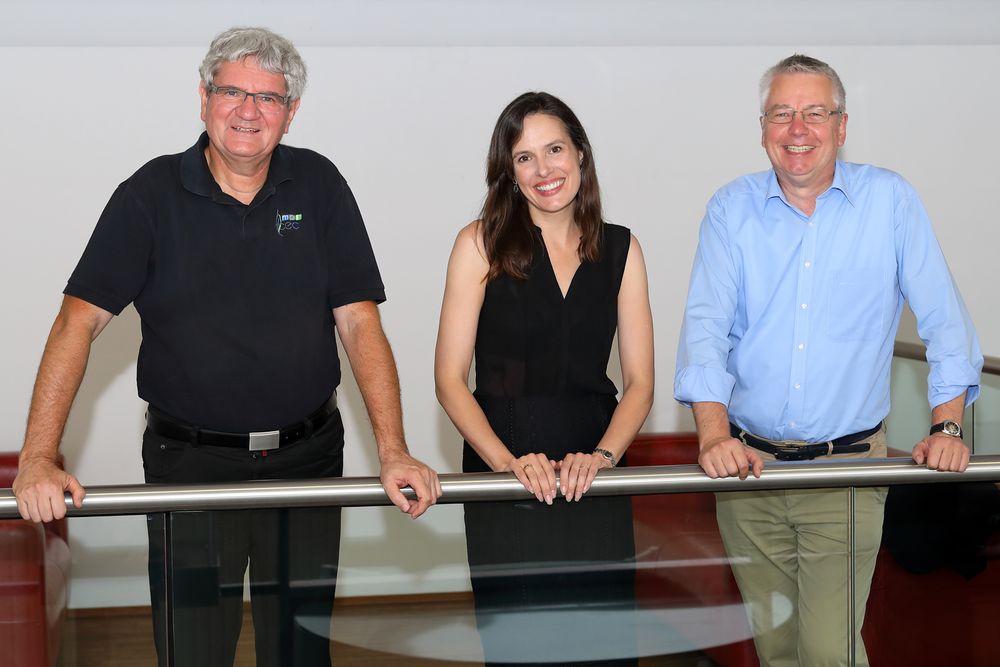
In 2017, Prof. Serena DeBeer, former research group leader at MPI CEC, was appointed Director, and since heads the Department of Inorganic Spectroscopy. In the same year, Prof. Frank Neese took over the post of Director at the neighboring institute (MPI für Kohlenforschung).
In September 2017, the "ground-breaking ceremony" for the first new building on campus took place. Also in September, Prof. Walter Leitner was appointed Director of the Department of Molecular Catalysis.
2013-2015
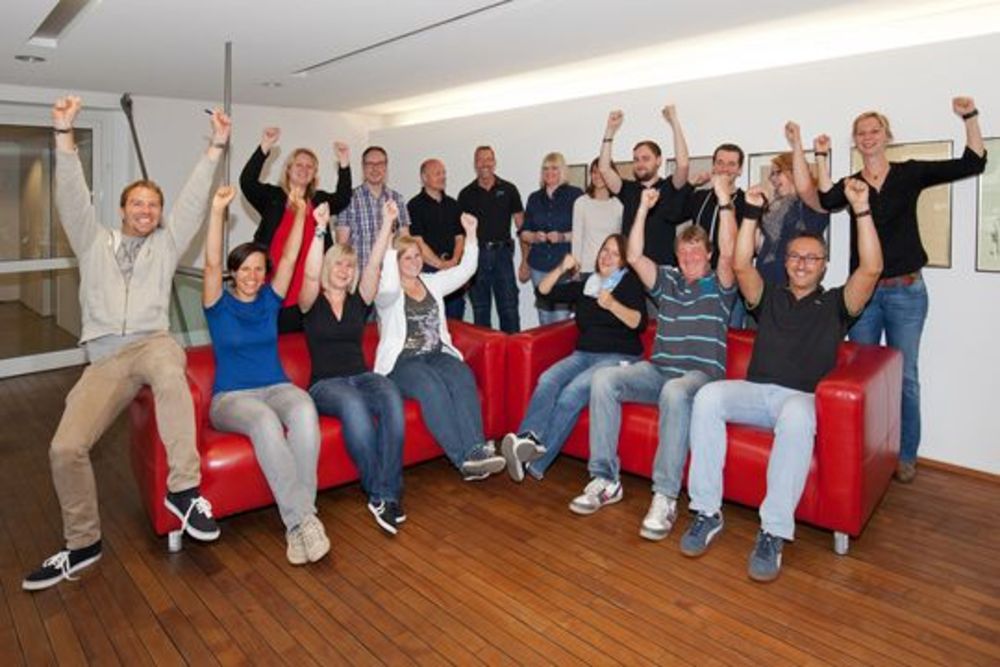
In 2013, an architectural competition for the extension of the institute began and an experimental photovoltaic system was installed on the institute's roof.
For the second time, the MPI CEC received the Max Planck Society's Trainee Award in 2015, for the particularly innovative training concept and the dedicated trainers. In the same year, the institute was able to secure funding for the establishment of a new International Max Planck Research School: IMPRS-RECHARGE.
2008-2012
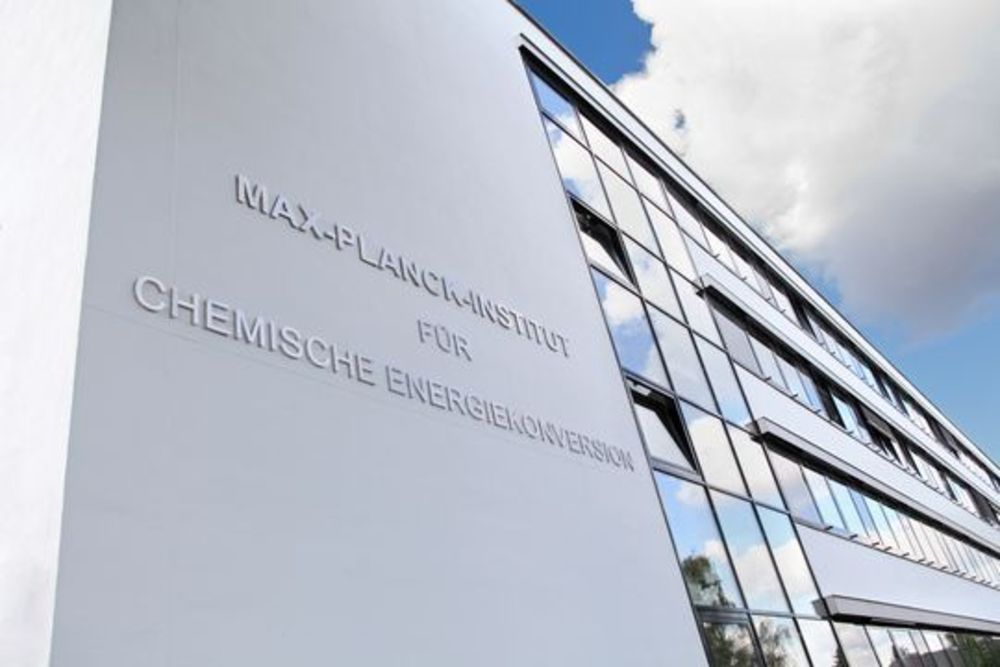
In 2008, we were looking back on 50 years of research at the "Kahlenberg". Following the retirement of Prof. Wieghardt in August 2010, Prof. Frank Neese was appointed Director of the MPI for Bioinorganic Chemistry and scientific member of the Max Planck Society in July 2011. In October, Prof. Robert Schlögl joined the institute as interim Managing Director.
In 2012, the President of the Max Planck Society announced the start of the excellent research work of the Max Planck Institute for Chemical Energy Conversion during the annual meeting of the Max Planck Society.
2000-2006
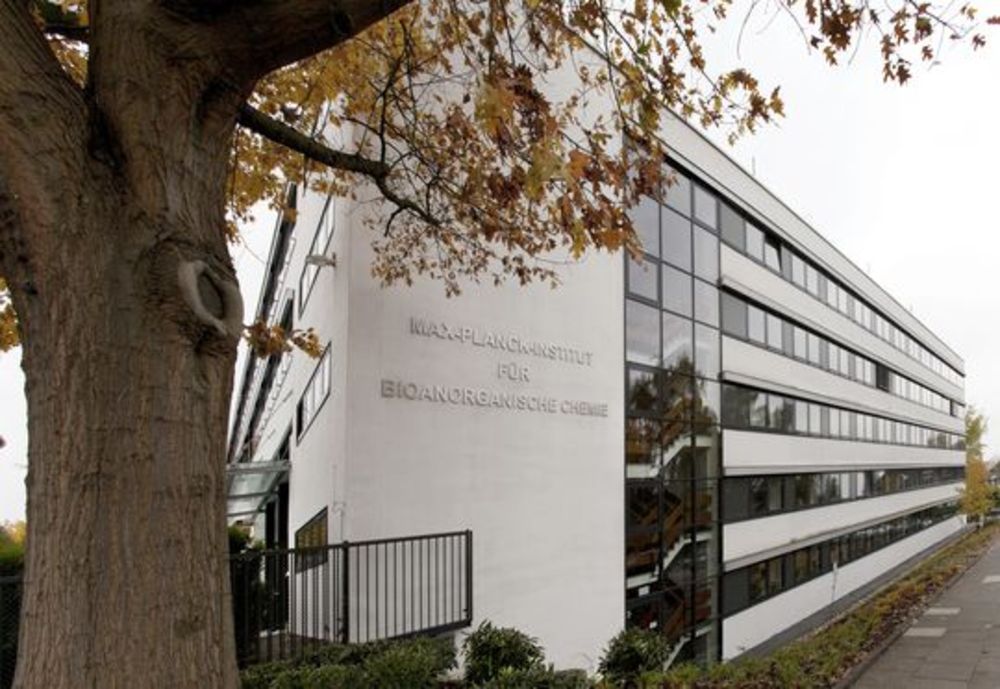
Prof. Dr. Wolfgang Lubitz was appointed Director of the institute and accepted as a scientific member of the Max Planck Society. His research focused on biophysical chemistry and the spectroscopy of metal proteins. Three years later, in 2003, the institute was reoriented and renamed as MPI for Bioinorganic Chemistry.
The Ernst Haage Foundation was established in 2006. Since then, the foundation annually honors outstanding achievements of young scientists and trainees with the Ernst Haage Award.
1981-1995
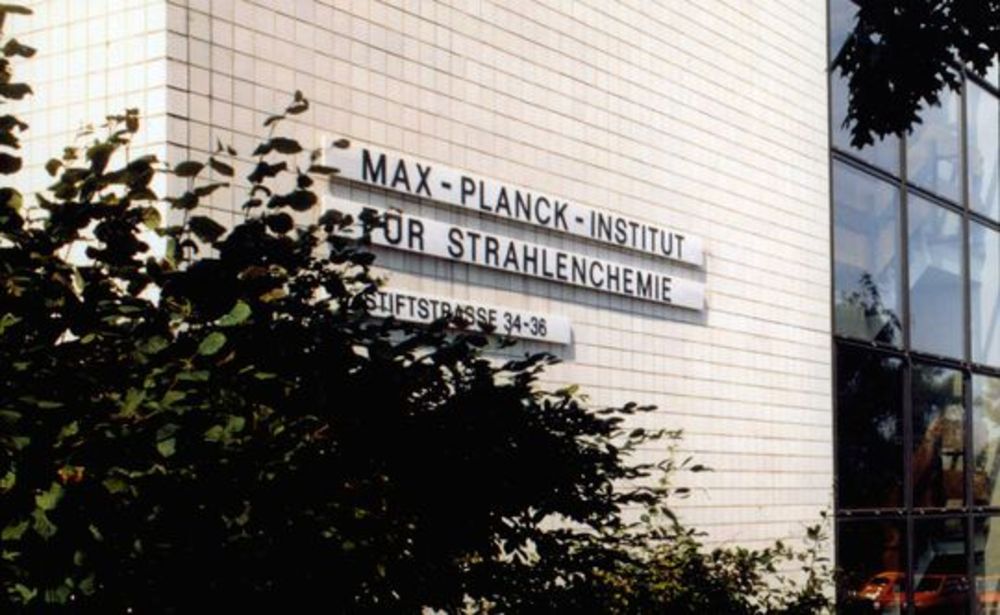
In May 1981, the Institute for Radiation Chemistry at the Max-Planck-Institut für Kohlenforschung became the independent Max Planck Institute for Radiation Chemistry. To mark the 25th anniversary of the research facility and to create a vision for the energy revolution, a system for energy recovery from exhaust air was installed and commissioned at the institute in 1983.
In 1994, Professor Dr. Karl Wieghardt was appointed as Director of the institute and Scientific Member of the Max Planck Society.
In 1995, the annual award and lecture series "Frontiers in Biological Chemistry" (today Frontiers in Chemical Energy Conversion) was established.
1970-1976
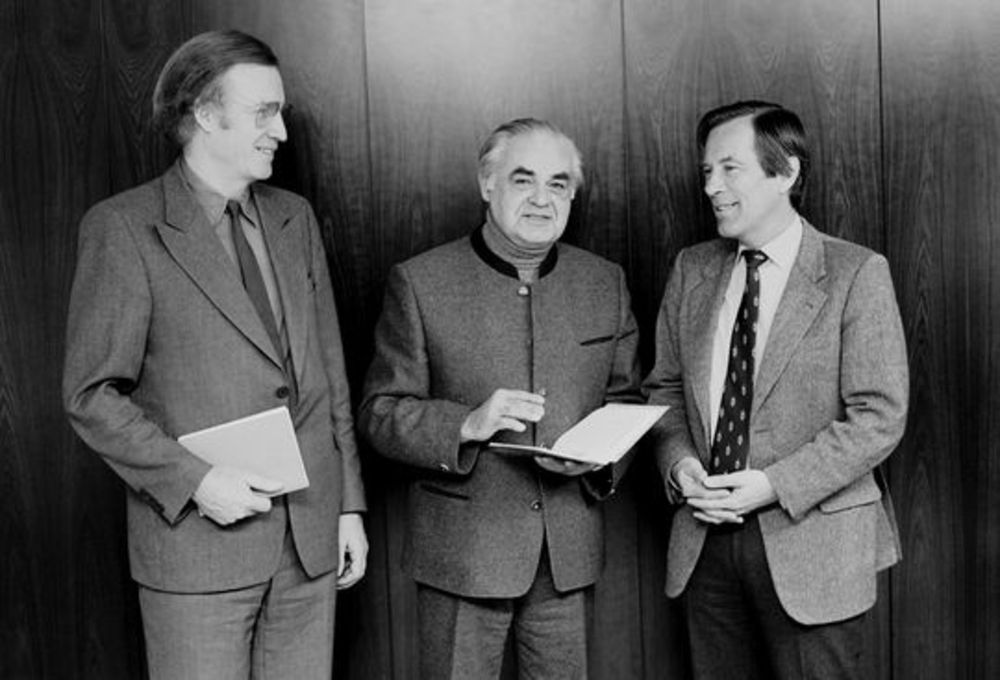
In 1970, Prof. Dr. Dietrich Schulte-Frohlinde was appointed scientific member of the Max Planck Society and managing Director of the department. Prof. Polansky, too, was appointed Director of the department. In 1973, the department was reorganized and renamed to "Institute for Radiation Chemistry at the Max-Planck-Institut für Kohleforschung".
In 1976, Prof. Dr. Kurt Schaffner joined the institute as a scientific member of the Max Planck Society and Director.
1957-1968
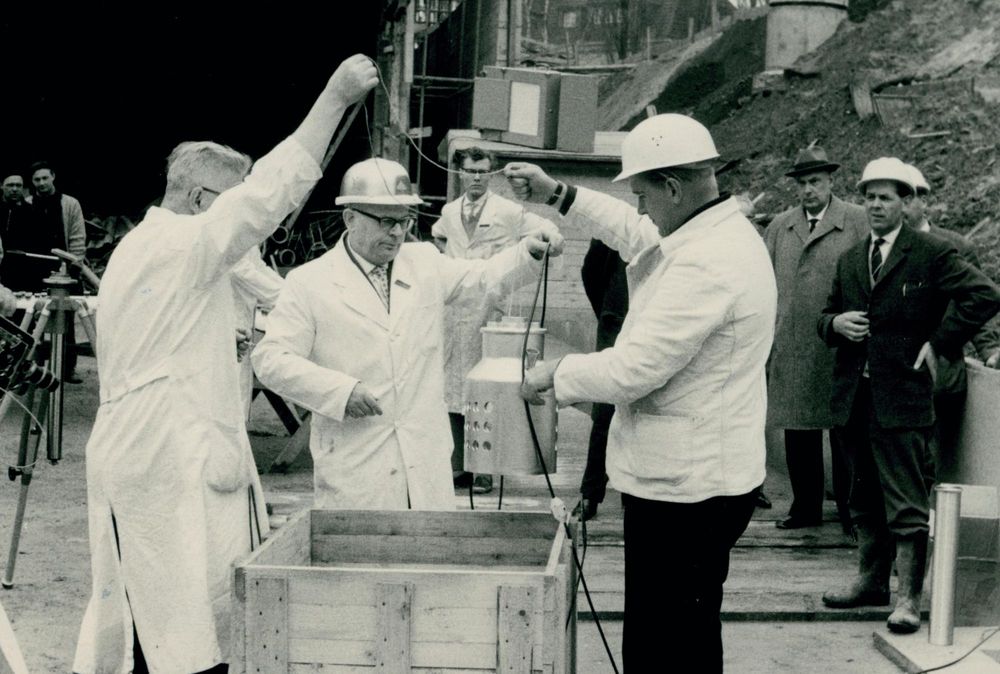
In 1957, Prof. Dr. Günther O. Schenck was appointed Founding Director of the Independent Department of Radiation Chemistry of the MPI für Kohlenforschung and scientific member of the Max Planck Society. One year later, the Independent Department of Radiation Chemistry of the MPI für Kohlenforschung was founded. In 1963, the construction of the institute building began, which was inaugurated two years later.
In 1968, Prof. Schenck was released as Director due to a serious illness. Prof. G. Wilke, Deputy Director of the MPI für Kohlenforschung, temporarily took over the official duties.
The Max Planck Society then appointed Prof. Dr. Oskar E. Polansky as a scientific member of the society. He conducted research in the Independent Department of Radiation Chemistry as group leader in the field of organic photochemistry and theoretical chemistry.
